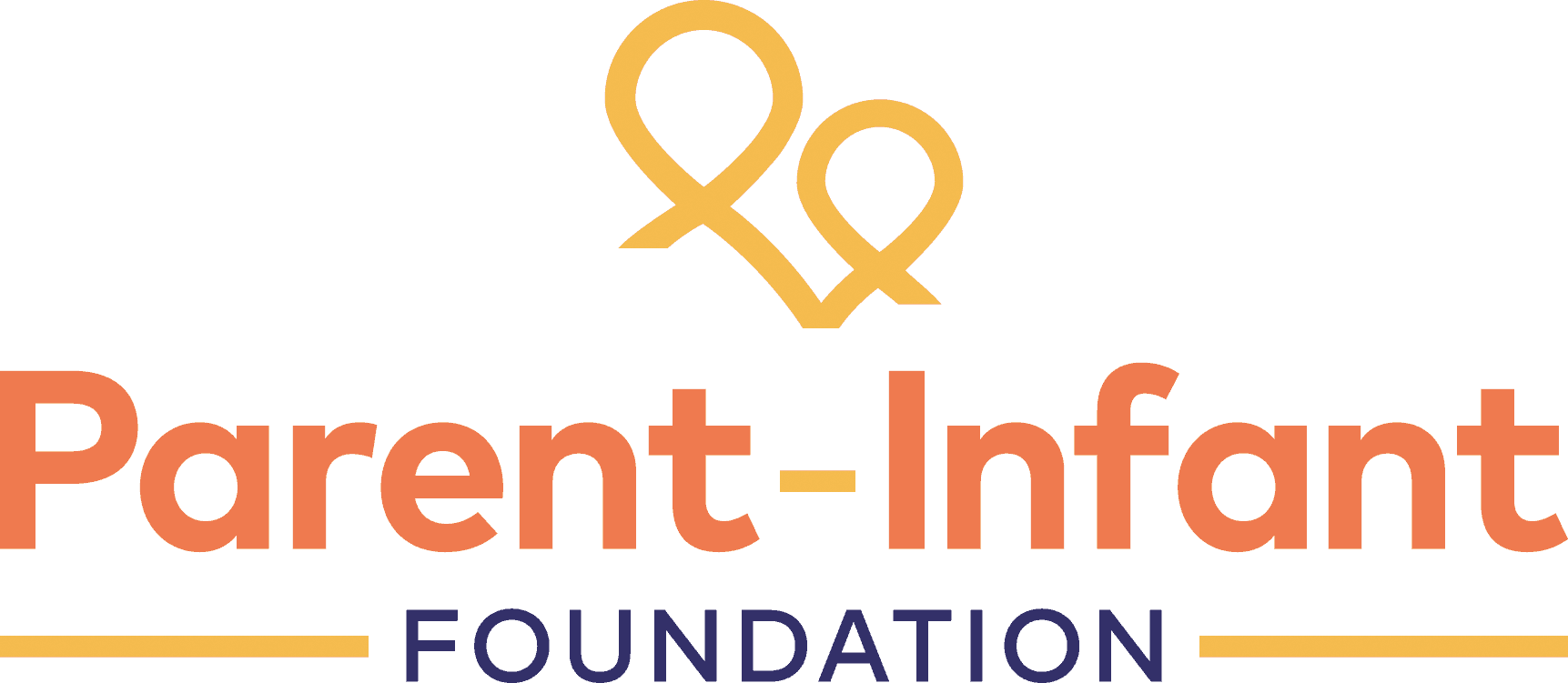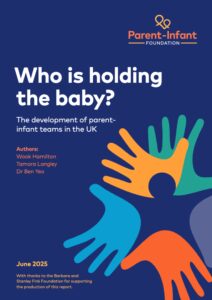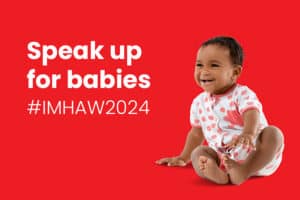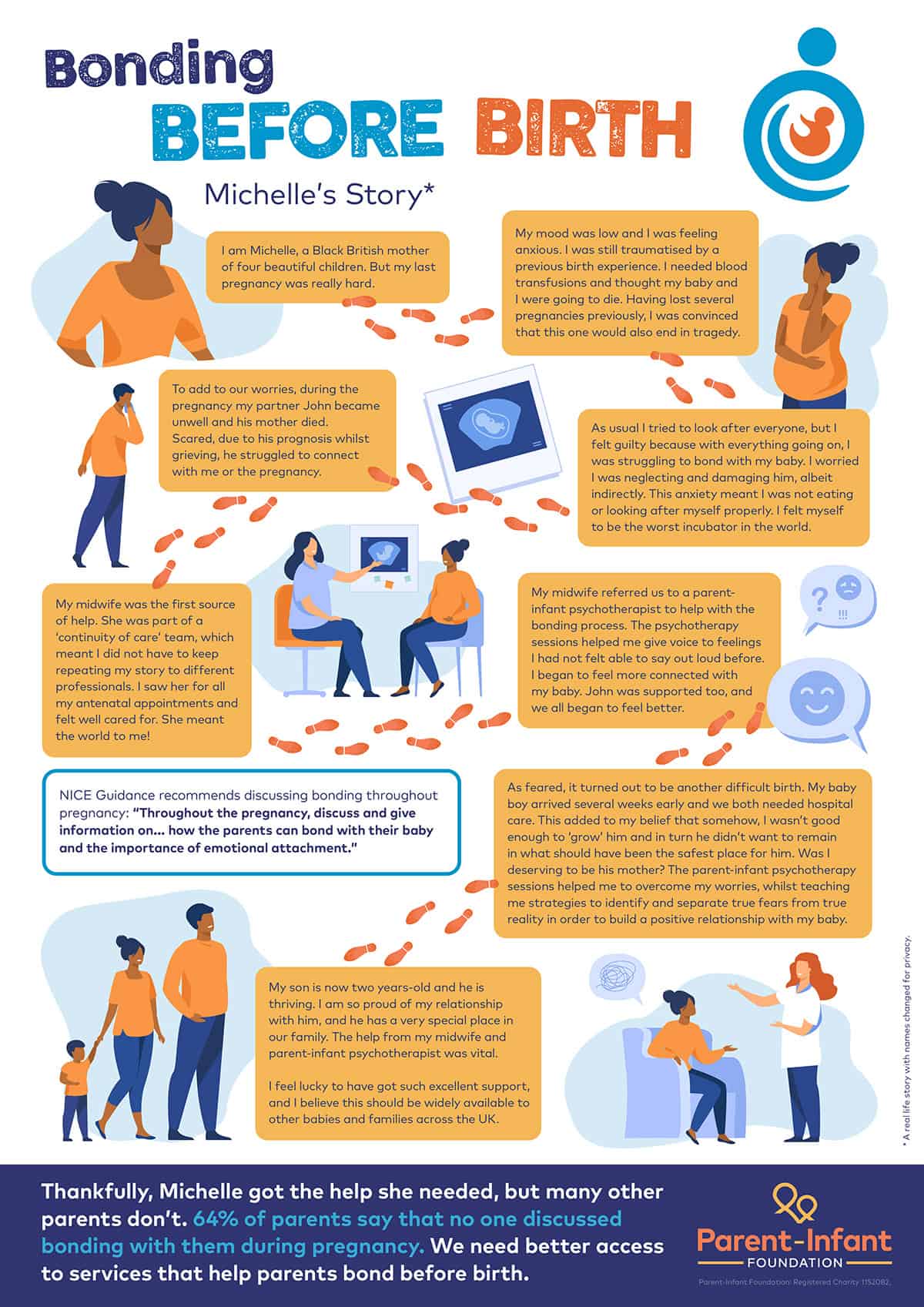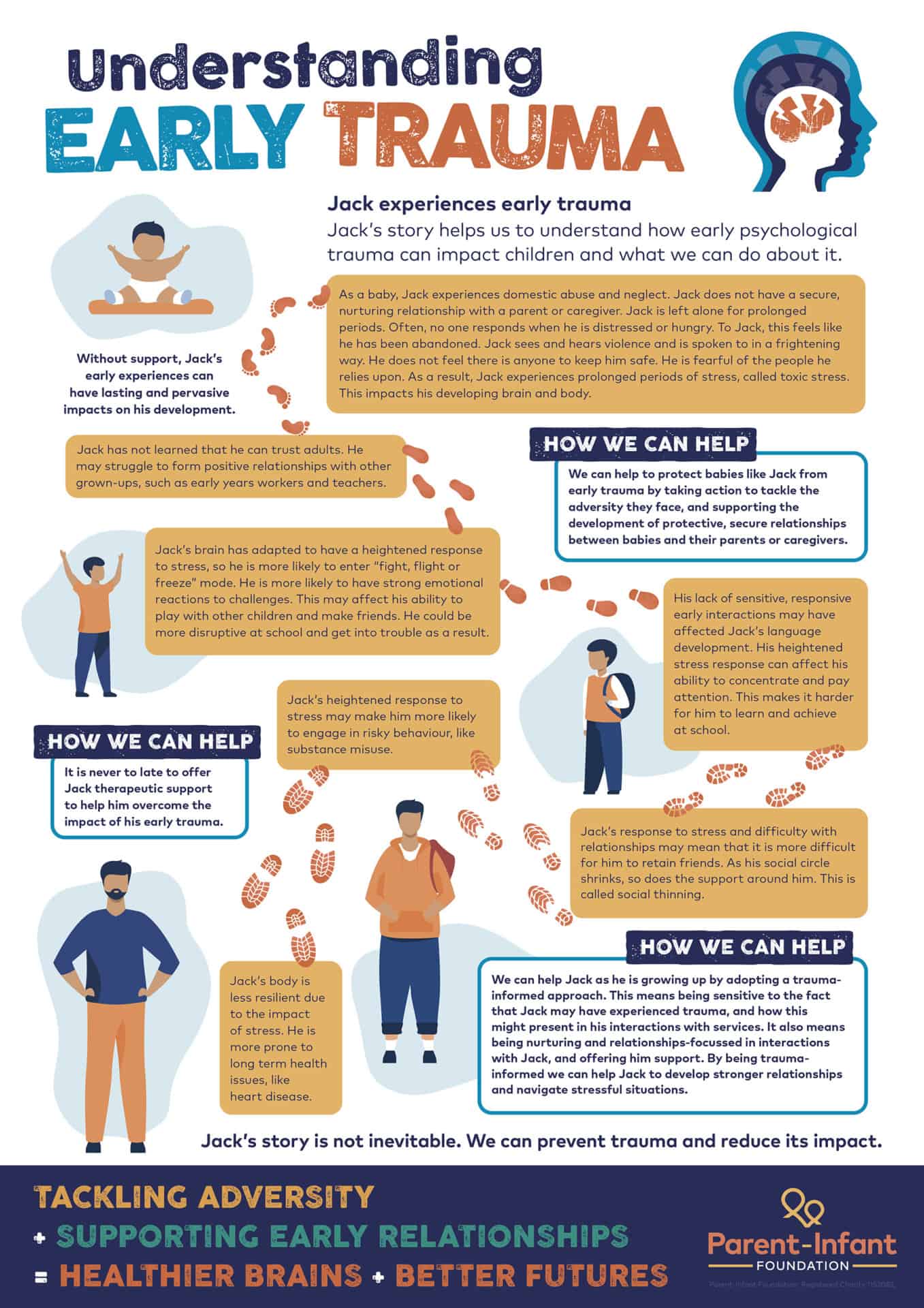Infant Mental Health Awareness Week 2026 — Attunement
This Infant Mental Health Awareness Week (8th–14th June 2026) will focus on the theme of ‘Attunement’. During the week we will highlight how attuned early relationships support babies’ development.
Attunement is the ability to tune in and connect with others on an emotional level. It is important for everyone, but particularly for babies and their parents or carers.
The Royal Foundation Centre for Early Childhood describes attunement in the following way:
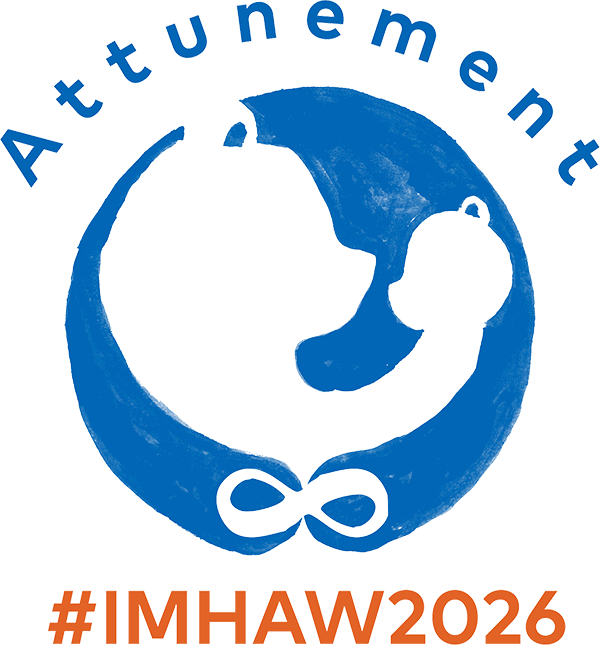
Emotional attunement involves noticing, understanding and responding to another person’s emotional state in a sensitive and appropriate way. When adults are emotionally attuned to babies and young children they notice cues, validate children’s emotions and appropriately respond to them.
Attunement helps babies to feel safe and loved. It helps babies learn to regulate their emotions, supporting good infant mental health.
IMHAW 2026 will explore how professionals and practitioners working with babies use the concept of attunement, and what more we can do to support families.
Keep an eye on this page and our other channels for further details.
What is Infant Mental Health Awareness Week?
Infant mental health is an often overlooked and misunderstood subject. Infant Mental Health Awareness Week provides an annual opportunity to discuss the importance of supporting babies’ mental health and wellbeing.
The Parent-Infant Foundation has set the theme and co-ordinated Infant Mental Health Awareness Week since 2017, during which time it has grown into a global event.
For information on previous IMHAW activity, see below.
